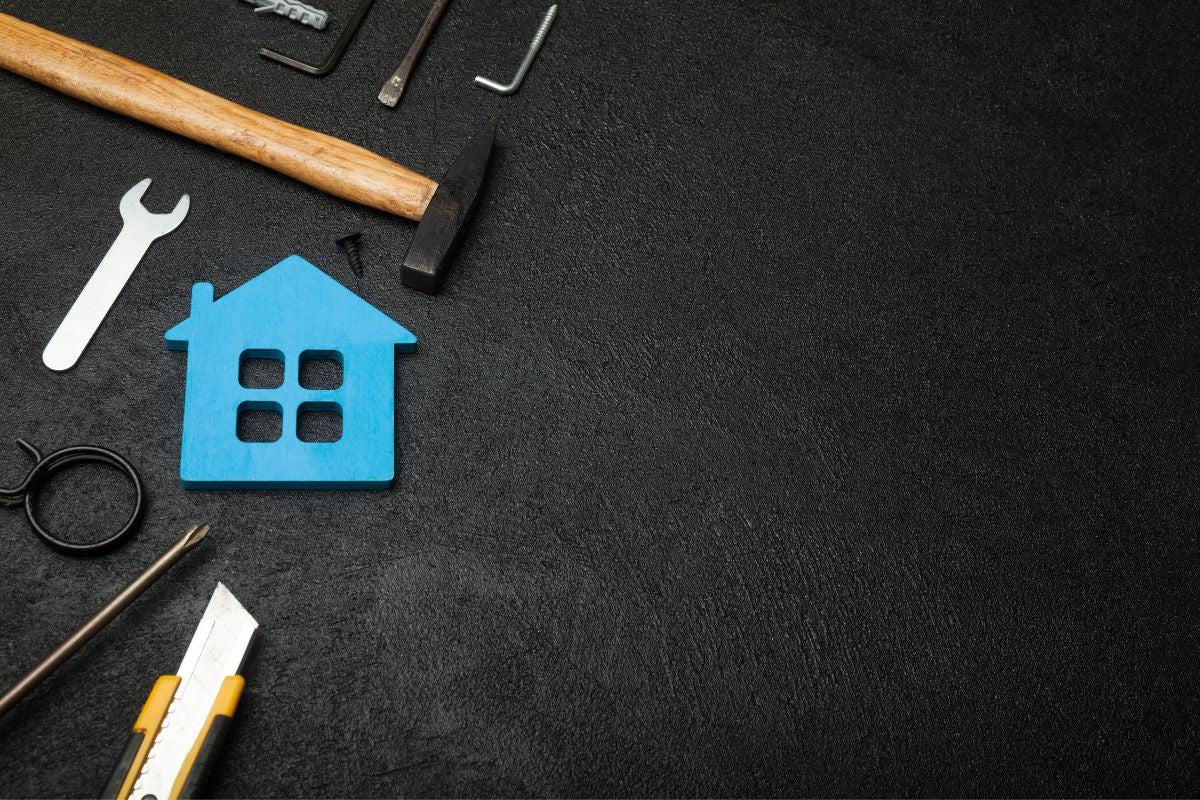However, there is sometimes a tendency for tiny house enthusiasts to believe that it’s possible to DIY everything about these miniature homes. After all, things like decorating and zoning laws often seem to take precedence because they are more immediate concerns. Don’t discount the importance of licensed contractors, though; today, we’ll discuss why working with qualified professionals is crucial when getting your beautiful new home set up.
Each State Has Different Licensing Requirements
Failing to work with a licensed contractor may result in fines or even the condemnation of your home, which is why it is crucial that you understand the different rules and regulations surrounding construction in your state.
As an example, moving just over state lines can make a huge difference in whether you are legally required to work with a licensed contractor. In Georgia, projects that cost over $2,500 must be completed by someone with a license, but in Florida, the dollar amount does not matter: if it’s contracting, the lead worker must have a license. Florida contractors also need to have a certificate of proficiency from the county in which they work, a further level of security for homeowners.
This means that while in Georgia, putting together a tiny house with prefab materials might not require a license, but in Florida, it does, no matter how inexpensive the project might be. Keeping this in mind will ensure that you don’t find yourself in trouble due to ignorance.
Working With a Licensed Contractor Avoids Serious Issues
There are an abundance of tiny home floor plans available, whether you need a tiny home with a basement or one set up on wheels for constant adventure. It’s easy to assume that just because you can read the diagram, you’ll be able to put it together, but this isn’t necessarily true.
While it can be easy to put up wall panels and drill in cabinets, there are other elements that, if handled by an amateur, can lead to tragic circumstances. Some of the most difficult elements to complete without extensive training include plumbing, electricity, and HVAC installation, all of which could cause injury or even death if performed improperly. Hooking up a home to utilities, such as sewage, also requires an understanding of construction.
Tiny homes still need to adhere to building codes for the safety and security of everyone involved. A licensed contractor has completed years of training to perform work quickly and efficiently, orchestrating all aspects of the development. This provides immense peace of mind for a new homeowner, sure that they are in good hands.

Licensed Contractors Have a Wealth of Experience
On-the-job training and educational theory around the principles of construction are invaluable when it comes to building a tiny home, where every nail matters in terms of safety. A licensed contractor has put into the work to understand construction and will be familiar with things like building codes, safety standards, and proper installation of the many elements that go into making a home of any size.
Returning to Florida, the licensing requirements underscore just how much work and training goes into becoming a contractor. To apply for the exam, applicants must have at least four years of training, typically a mix of formal education and hands-on experience. They then must pass a rigorous test that takes over 10 hours to be completed in its entirety. Because the test is so difficult, many hopeful construction workers take additional Florida contractor license classes that prepare them for all the rigors of the exam, further cementing their knowledge.
Having such an experienced professional on your side means that they will be familiar with everything that could go wrong and will know exactly what to do. They may be able to suggest additional work that will add to the security of your home, such as installing gutter guards when putting up the flashing for roofing so that you never have to worry about dredging the gutters. While you may believe this is solely for aesthetic purposes, overflowing gutters can lead to serious issues down the line, which can become glaring problems quite quickly in a tiny home.
The Smaller the Home, the Greater the Inconvenience
One of the issues of tiny houses is that should any small thing go wrong, it can lead to major issues all throughout the home, something that won’t necessarily happen in a larger property. This is not to say that it’s acceptable to leave major repairs undone in a bigger home, either, but it may be easier to tiptoe around the problem until you have the funds to fix it.
For example, if a faucet stops working in the bathroom of a two-bath home, you can shut off water to that one area and wait for a plumber to arrive. If this happens in a tiny house, you may have to shut off the water to the entire home, leaving you struggling to perform everyday activities.
While working with a licensed contractor cannot forestall every possible issue, it can diminish the likelihood of serious repairs down the line, as the work will be done correctly the first time. Sloppy joins in pipes, badly wired outlets, or incorrectly installed hardwood floors can all result in major problems that can be very expensive – or even drive you out of your home altogether for the foreseeable future.
A tiny home is an important investment that allows you both comfort and freedom, so it’s important to ensure that it is set up for success from the very beginning. Working with a good contractor will allow you to enjoy your tiny home for years to come, sure that your home has been constructed with safety in mind.






Share: